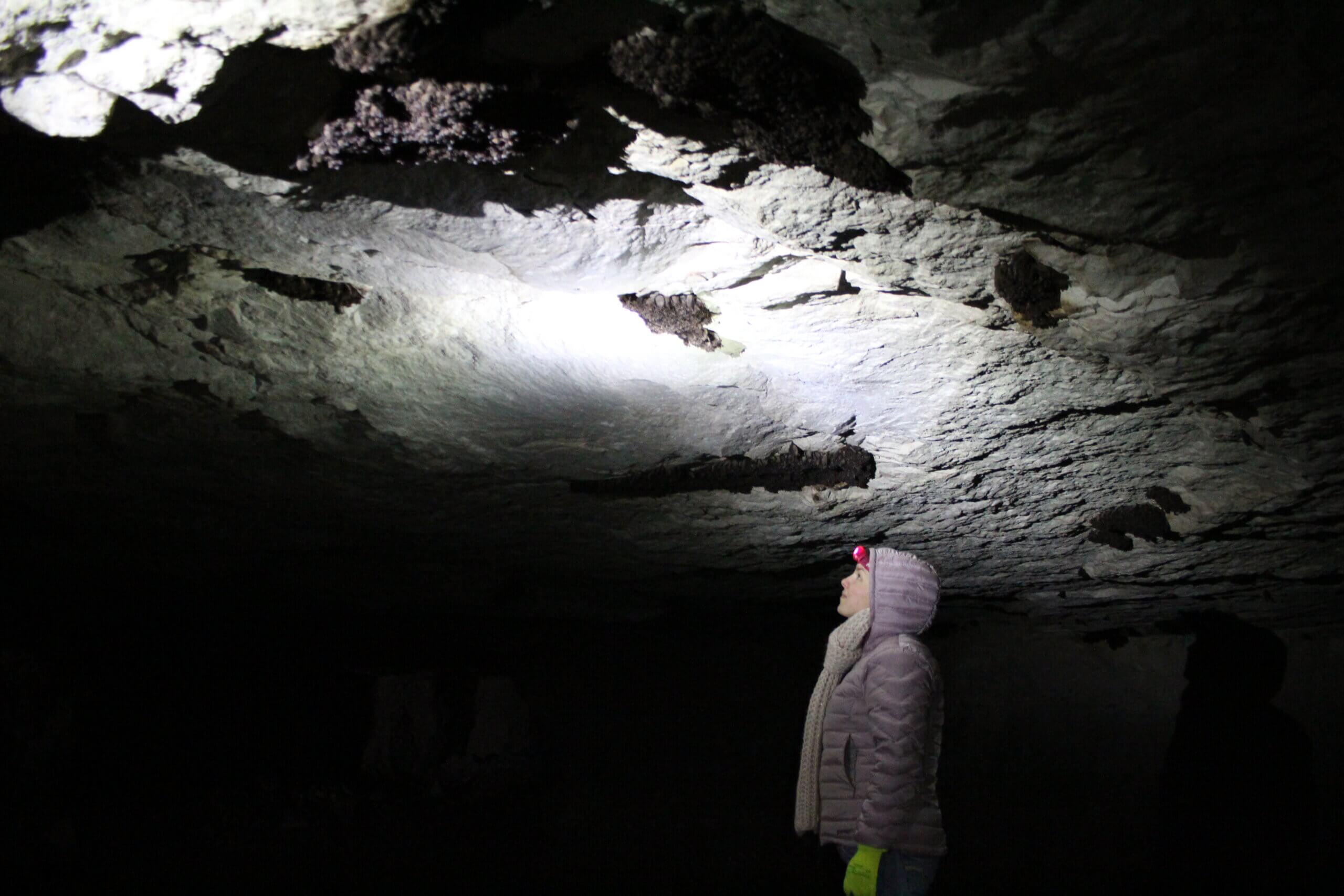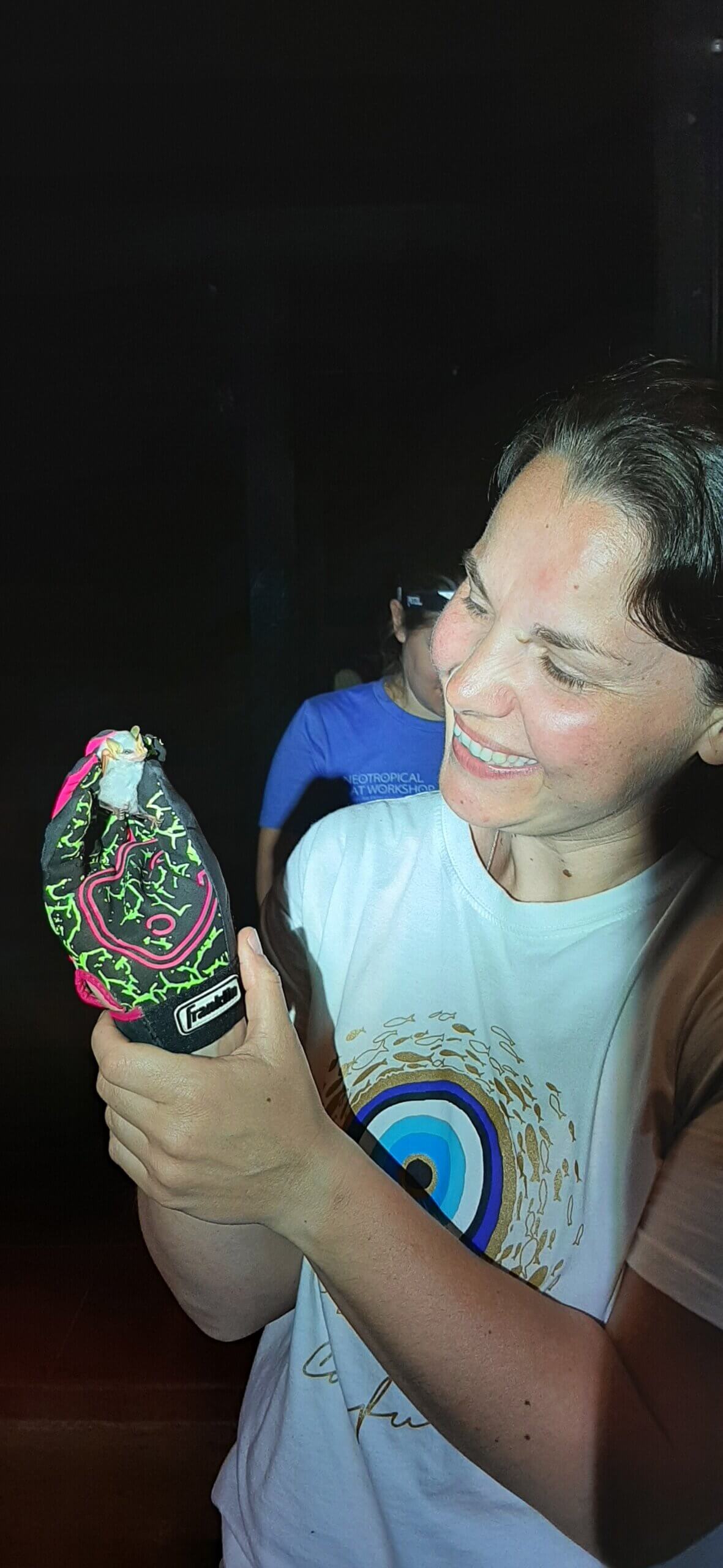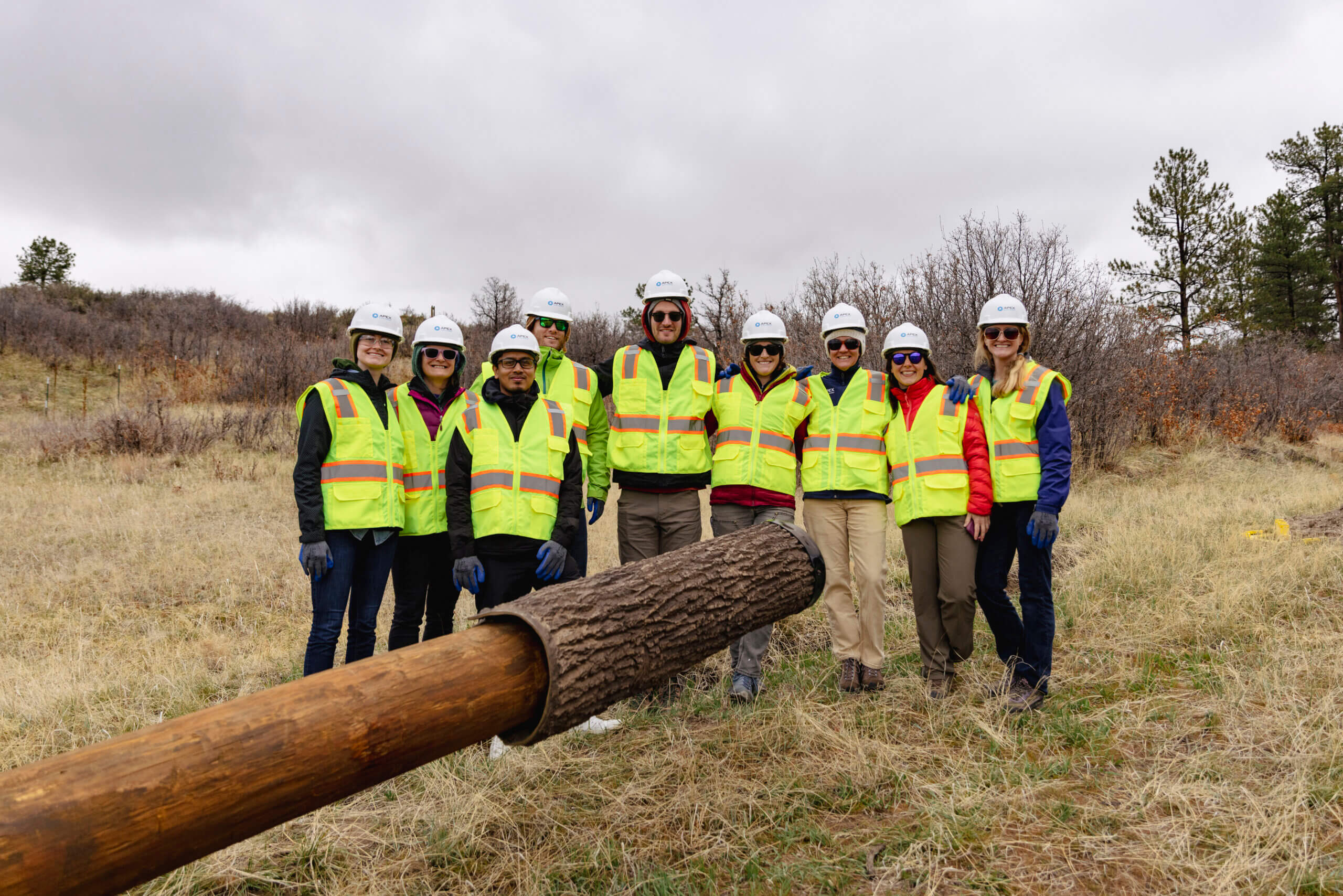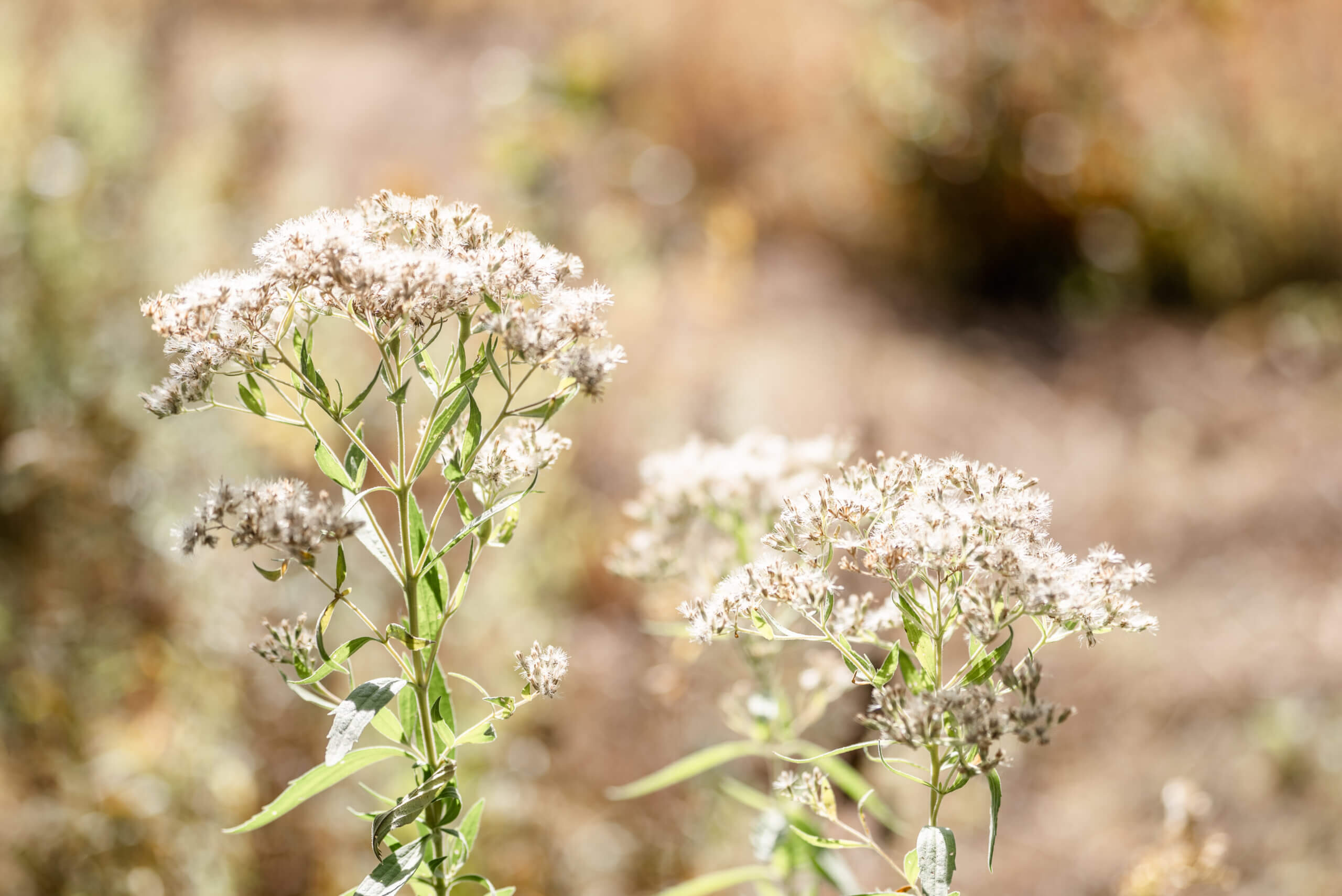Powering a Passion for Conservation
Apexer Goni Iskali helps further narrow the gap between preservation and sustainable development.
Growing up in Korçë, Albania, just north of the border with Greece, Goni Iskali lived in a fairly typical residential home, surrounded by an old stone wall and laden with rose gardens tended to by her grandfather. But Iskali’s housemates were not so standard: the property was a veritable menagerie for her father’s patients.
“My dad was a veterinarian, and over the years, we hosted every animal imaginable: dogs, cats, sheep, a turtle that only made an appearance in the summer, rabbits, chickens—even a pig that I didn’t realize was going to be Christmas bacon that year,” said Iskali.
When she was a teenager, Iskali and her family moved to Chicago, where this relationship to wildlife—and her lively upbringing, which she compares to My Big Fat Greek Wedding—continued to influence her life.
“My entire family expected me to be a doctor because I excelled in school. My first year of college, I took general biology classes for the pre-med track, but as soon as I was exposed to animal ecology, I switched majors,” said Iskali. “To this day, my aunts are still mad they don’t have a doctor in the family and blame my parents for allowing it.”
Charting a Course to Renewable Energy

With a newly minted undergraduate degree, Iskali did what every 22-year-old dreams of doing: she moved to California. An internship with the National Park Service, guiding children’s tours through caves and teaching them about bats—decidedly not something every 22-year-old dreams of—piqued Iskali’s interest in the animals, and she began looking for national park jobs that were either cave- or bat-focused.
By the time Iskali went back to school to get her graduate degree, her path was set. She enrolled at Texas State University, just 45 minutes from Bracken Bat Preserve, home to more than 15 million Mexican free-tailed bats—the largest colony of bats in the world and where she completed her thesis research.
From there, Iskali’s niche expertise led her to renewable energy, where bats are of particular concern in relation to wind projects. Today, as director of environmental permitting at Apex, Iskali is responsible for project work, people management, and bat-specific issues across the company’s entire portfolio. She also serves as the co-chair of the bat subcommittee for the American Clean Power Association, helping shape policy and improve permitting pathways.
Balancing Progress and Preservation
For many conservationists, any form of development—even renewable energy—presents concerns over impact to species and habitats. If not responsibly developed, wind power can impact some species of migratory bats.
“As a conservationist, the main difficulty lies in finding balance. I’m trying to minimize impacts to bats while still making it possible to build renewable energy projects so that we’re ameliorating the effects of climate change,” said Iskali. “Yes, there are direct impacts from clean power, but I can’t ignore the fact that bats are getting ravaged by changes to their environments—for instance, hundreds of thousands of bats and their habitats were destroyed during the wildfires in Australia in 2020.”

For Iskali, this means seeking balance between short-term and long-term outcomes, between producing clean energy and protecting species and habitats at individual project sites. Fortunately, just as technological advances are improving the cost and generation efficiency of renewable energy facilities, they’re also helping mitigate wildlife impacts.
“The environmental permitting field is becoming more and more complex: there are new challenges, new species being listed, new technologies emerging all the time,” said Iskali. “Our team is constantly looking for new ways our industry can innovate to achieve that balance. For instance, Apex has supported research to optimize curtailment and has advanced acoustic deterrent technology that produces sounds to deter bats from flying near turbines without having to curtail the output of the facility.”
As the renewable energy industry continues to grow, Iskali is proving that innovation can advance stewardship of the planet’s resources. As she and others at Apex continue to pioneer new ways to minimize the impact of renewable energy development on bats and other wildlife, they are helping create a future where clean power and thriving ecosystems can coexist harmoniously—a mission that showcases the value of following one’s true calling, even if it doesn’t involve the initials “MD.” Ultimately, Iskali’s work is redefining what it means to be a lifesaver, one species at a time.



